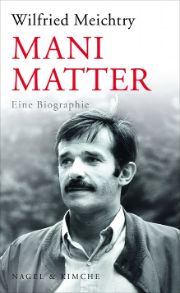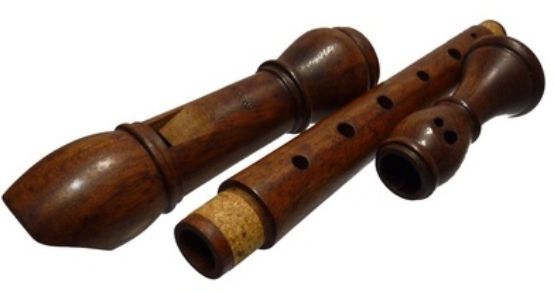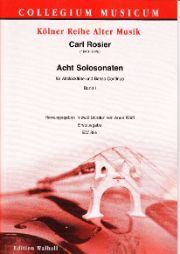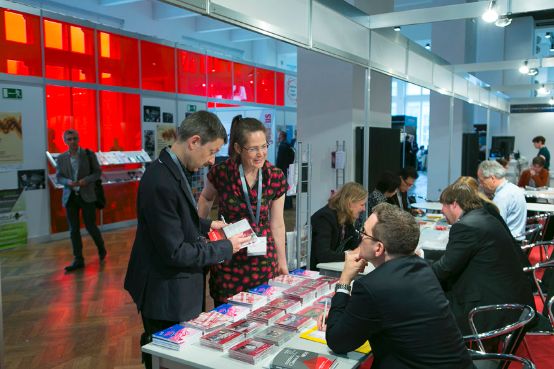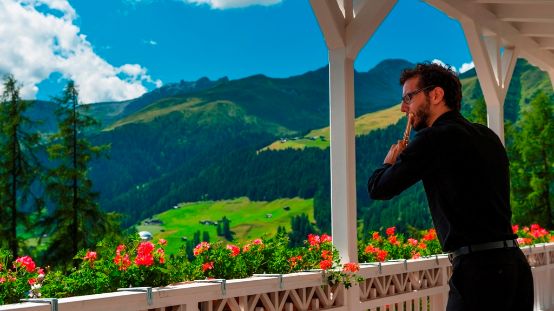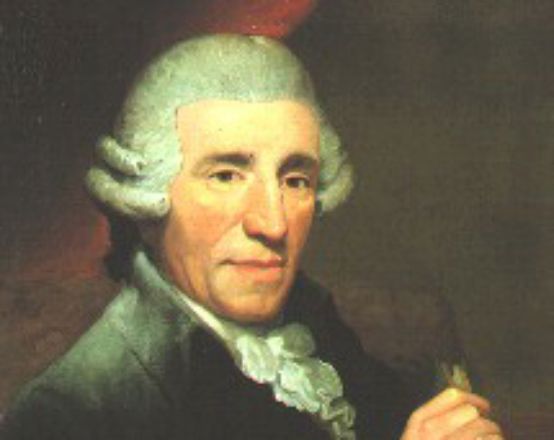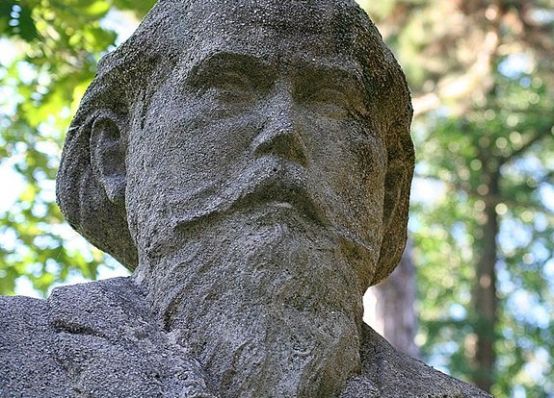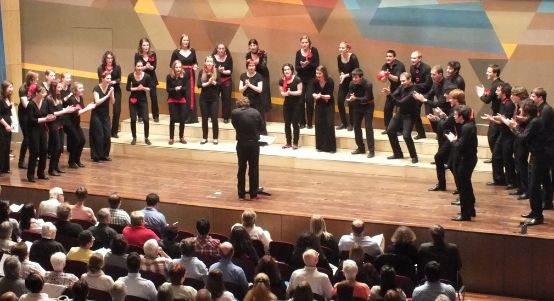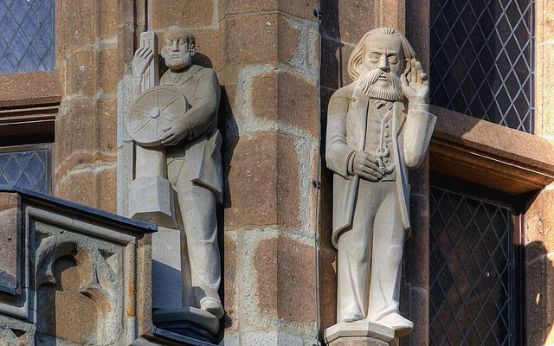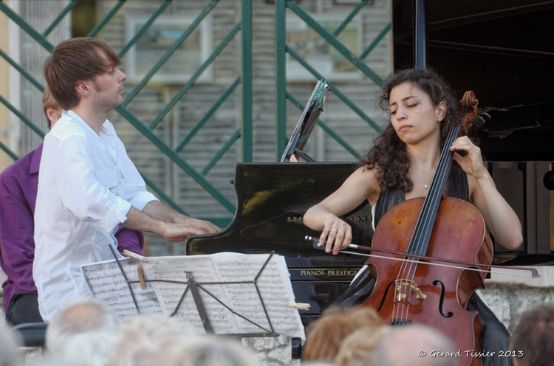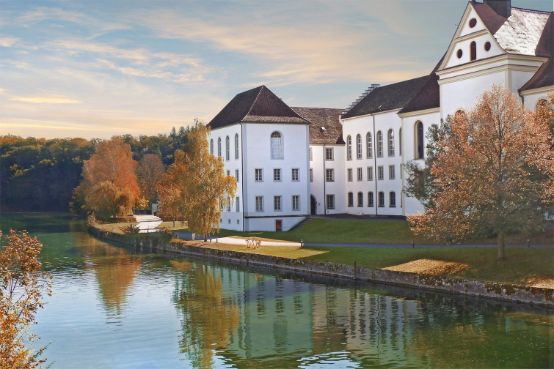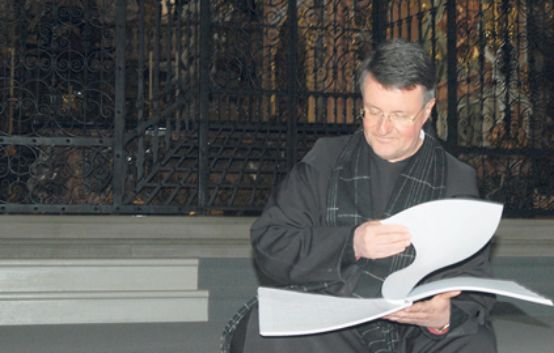Doubter not Värslischmied
A biography reveals the background and unknown sides of Mani Matter.
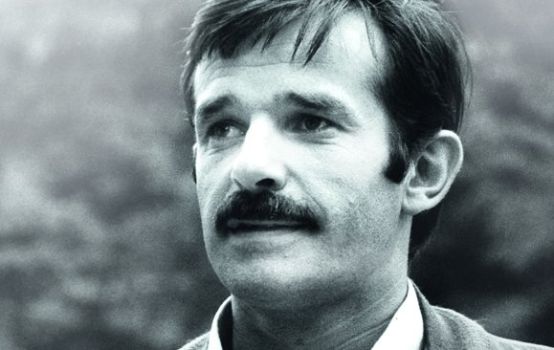
There they sit: high school students Phil, Bendicht, Alex and Dani in a pub in Bern's old town. Annoyed by the omnipresence of the troubadour in the German lectures and the seemingly political irrelevance of his lyrics, they have just decided to disrupt the next concert at the Bierhübeli. But when the time finally comes, everything turns out differently; the boys remain silent, somehow this man, standing there at the front with his guitar, has impressed them after all.
This scene is described by historian and writer Wilfried Meichtry in his newly published biography of Mani Matter (1936-1972). The Bernese troubadour was already an idol during his lifetime. Today, 40 years after his accidental death, his popularity remains unbroken: his songs have long since become popular. Until now, the person behind them, Mani Matter himself, was less well known.
Meichtry writes his way through Matter's life in exciting language and shows a man who was more than just a "Värslischmied": Family man, philosopher, politician, legal advisor, art lover, actor and much more. Better than in the exhibition Meichtry also designed for the Swiss National Museum, the author succeeds in bringing the reader closer to Matter as a person and also addressing unknown aspects: for example, the abandoned German studies course, the passionate chess and boules player, the bad loser.
While Matter's personality can be experienced in all its impressive versatility, the lyrics remain absent - a parallel to the Zurich exhibition, which also failed to show how ingenious and profound Mani Matter's chansons actually are. In his playful language, not a word is chosen at random; the lyrics are the product of intensive work. It is also a pity that Meichtry refrains from giving precise source details for the numerous quotations, thus making it impossible to contextualize them more precisely.
Nevertheless, the author describes a man who had doubts throughout his short life and was never sure whether he should become an academic or a chansonnier. A man who never loved the limelight. With this biography, Meichtry wants to prevent Mani Matter from being put on a pedestal. He succeeds in doing so in a convincing way.
Wilfried Meichtry, Mani Matter. Eine Biographie, 308 p., CHF 34.90, Nagel & Kimche, Munich 2013, ISBN 978-3-312-00559-8






